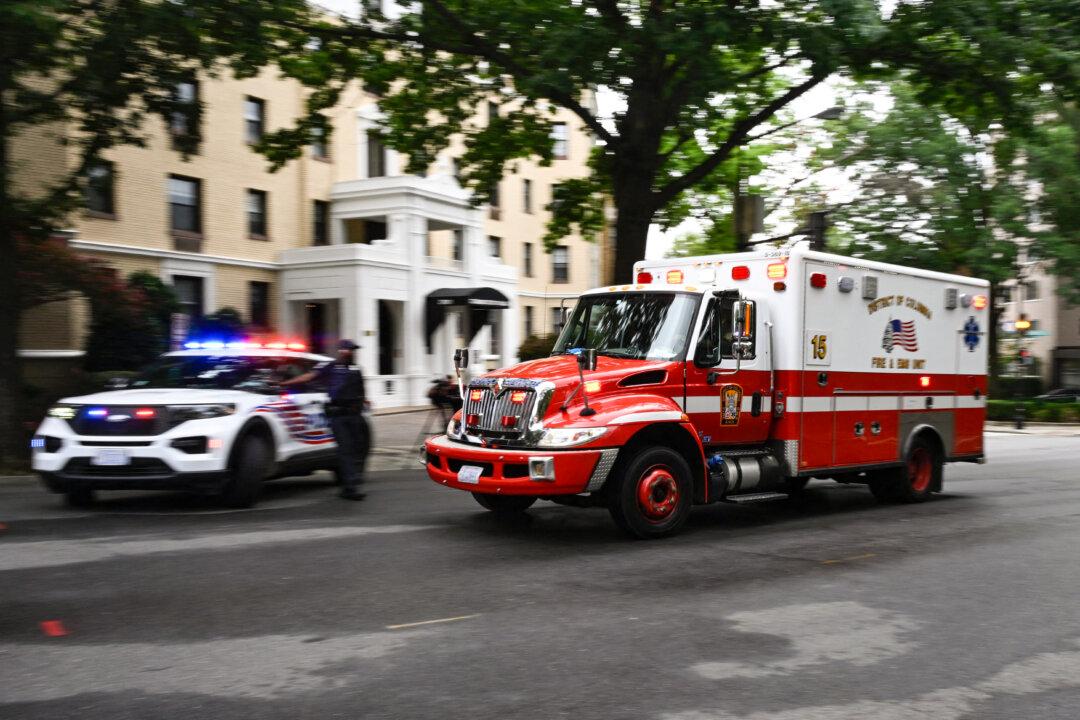The Council of the District of Columbia passed a crime prevention omnibus bill on Tuesday evening, advancing measures aimed at reversing rising crime trends.
The 13-member council, which serves as a legislative body for the District of Columbia, voted overwhelmingly in favor of the bill, dubbed the Secure DC Omnibus Amendment Act of 2024. In all, 12 members voted in favor of the bill, while Ward 8 Council member Trayon White voted “present.”





